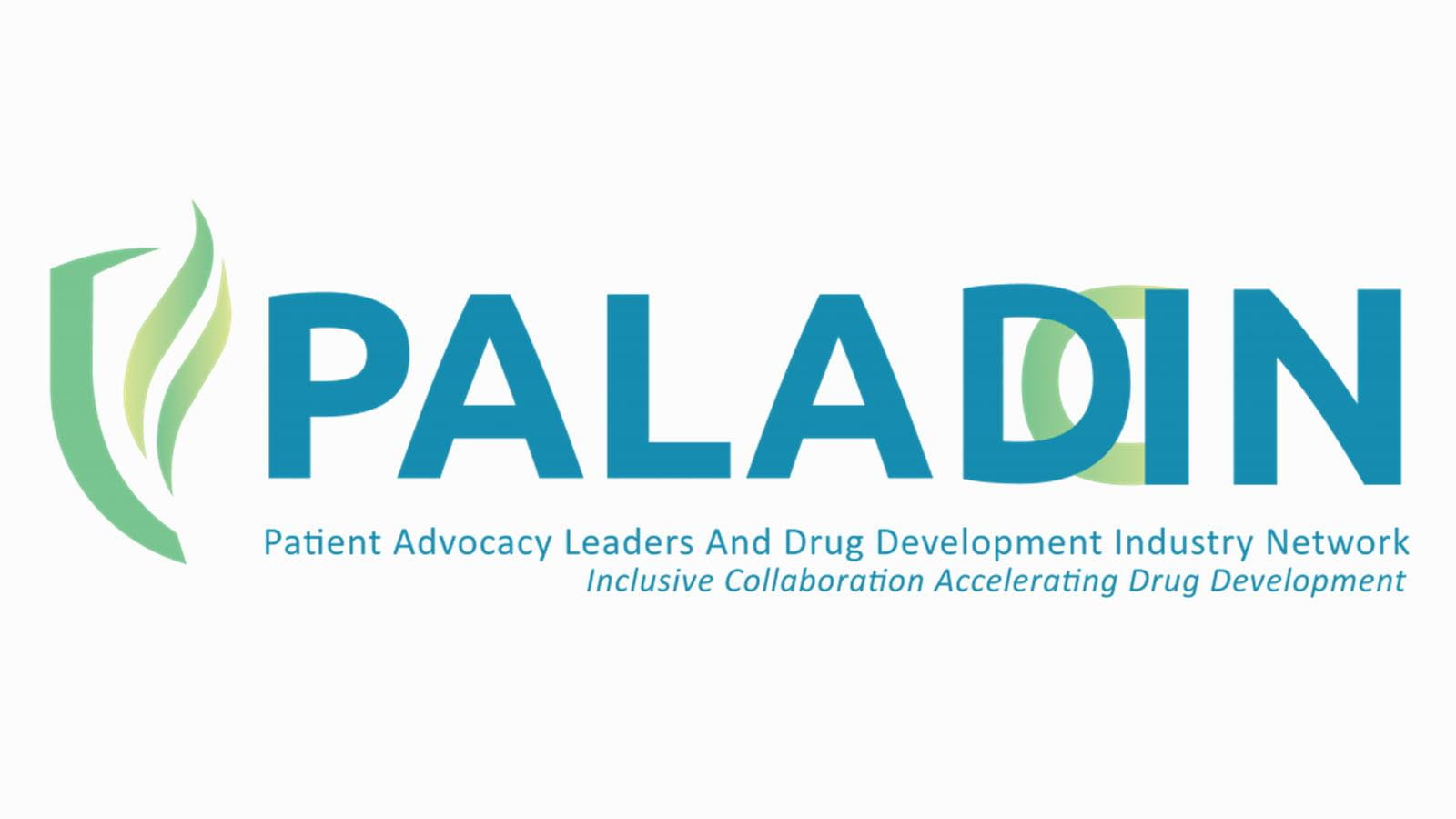The best partnerships aren’t mere transactions. They’re mindful of the needs and concerns each party has and, above all, they value what each partner is bringing to the table in service of their shared goals.
It was in this spirit that organizations joined Patient Advocacy Leaders and Drug Development Industry Network (PALADIN), 23-member collective, which launched in March of 2023, and includes both industry leaders and patient advocacy groups The consortium aims to standardize and improve the way industry works with patient advocacy groups in clinical research trials, the regulated scientific process that examines the safety and efficacy of potential new treatments.
Together, the members have identified and curated guidelines, training and “how to” resources to optimize patient advocacy group and biopharmaceutical company collaborations. As part of its newest resource – a playbook for effective partnership throughout the drug development lifecycle – patients and patient advocacy group leaders shared a list of five things companies should know if they want to build meaningful relationships:
- We are accountable to our community.
We are the voice of the community and understand their greatest needs, fears, and what brings them hope. We know the risk involved with therapeutic development and that programs can end. We appreciate you being transparent and setting clear, reasonable expectations. Waiting to connect with us may mean opportunities for information-sharing and collaboration are missed. For example, if we know you may have a genetically targeted therapy in the pre-clinical stage, perhaps we could begin an education campaign with our community, so they understand the value of getting tested. Knowing what you are doing helps us as we think about our investments and how those investments can support patients and advance the field in the short- and long-term. - Key to understanding each other – be an active listener.
This should be an opportunity to get to know one another and learn about each other’s priorities and long-term strategic goals. Getting to know us means we may have mutually valuable opportunities for potential collaboration. We appreciate when you look at our website to see where our priorities lie prior to our first meeting. We invite you to check in with us and learn about what we are working on. We’d love to work with you to make patient-centric precision medicine a reality. - Yes, we’d like financial support, but that is not that only way you can help us.
Maybe you or one of your colleagues can provide thought leadership on a future project. Maybe you have thoughts on how we could maximize the value of our patient registry. Maybe your scientific colleagues can share information with their peers about an upcoming conference. Create a company team in support of an activity, such as a walk/run or participate in a health fair or other community event hosted by the group. Collaboration can go far beyond money. Also, we get that an early-stage program may not be able to provide financial support. There’s still so much more that we can do together beyond organizing financial support. - We are the experts in the patient experience and appreciate this distinction.
We want our stories to be shared and heard. We want to collaborate with industry but please recognize that we need to be impartial for our communities to trust us. We may not always be able to move at the pace you would like. Last minute requests may not fit in with our own project timelines or limited staff availability. We’re happy to provide feedback, but we appreciate transparency and compensation for our time and support. If we contribute to an initiative that results in publication, please make sure that we (patients and patient advocates) have the opportunity to co-author. While we may not be able to provide study awareness building in a manner you envision, it doesn’t mean we can’t creatively educate the community. We encourage you to ask us about our timelines to engage in different activities. - If we’re an afterthought, you’ve missed valuable input.
Think of us as a non-promotional partner that can help you with study planning, feasibility, design and feedback. Bringing us in before you have a concept sheet during study development gives us the opportunity to confirm that your endpoints and study objectives are meaningful to the patient community that you’re looking to serve with ample time to reflect our input. We’re grateful that you’re exploring therapies that can bring hope to us and our families – many patient organizations like ours want to help you throughout your development program – with study planning to ensure success, education, awareness-building, study result dissemination, and engagement in public policy discussions.
PALADIN’s full consensus-based playbook is one of several resources that offer guidance on contract and agreement templates, best practices for study communications and how to form effective partnerships with patients throughout drug development. These resources have been created to significantly reduce the time that it takes to initiate, implement and evaluate collaborative efforts between patient organizations and industry. Ultimately, we believe PALADIN’s impact will enable more sustainable engagements that accelerate the development of new medical therapies and better align medicines development with patient needs.
Tufts Center for the Study of Drug Development (Tufts CSDD) part of Tufts University School of Medicine is providing project management support for PALADIN. Learn more about PALADIN’s work at the consortium’s website.
If your organization would like to learn more about PALADIN, please send us a note here.



